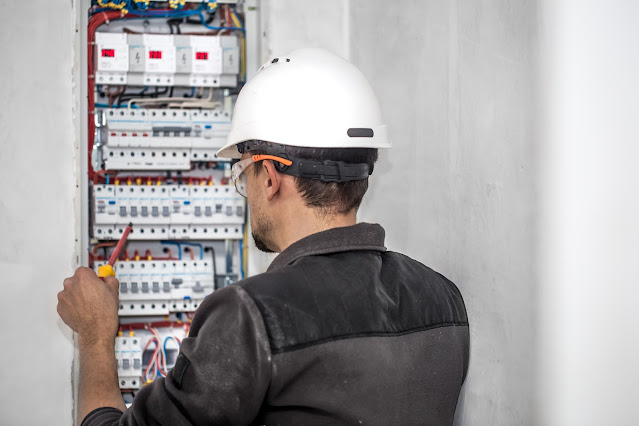Efficient Tips For Hot Water Heater Savings
In the world of utility bills, hot water heaters are notorious
for their significant contribution to costs. Finding ways to increase energy
efficiency and reduce spending is crucial, as these expenses can make up to 20%
of the total costs (source). One way to reduce the water heating bill is to invest in a
highly efficient hot water system on the northern beaches.
In this article, we will explore efficient tips for water heater
savings, offering practical solutions to help you save both energy and money.
Efficiency Basics
Efficiency basics for water heaters include lowering the thermostat temperature, using the right-sized water heater, preventing sediment buildup, insulating the water tank and pipes, and utilising a volt timer to optimise energy savings.
1. Reducing the thermostat heat
by a couple of increments can lead to financial benefits of 3–5% on the
expenses for heating water. It is advised to change the degree to 120 degrees
Fahrenheit.
2. Choosing the right-sized water
heater is important to avoid high utility costs, as an undersized one may not
meet the hot water demand efficiently.
3. Proactively draining the water
heater tank helps prevent sediment buildup, which can impact efficiency.
4. Insulating the water tank and
pipes prevents heat loss, and using insulation blankets can further save on
energy bills.
5. Installing a volt timer turns
off the water heater overnight, saving energy and money.
These measures can significantly improve water heater efficiency and reduce utility expenses. You can seek the help of a reputed North Shore electrician to check all the connections to ensure that your hot water system is optimally utilised.
Temperature Control
Reducing the temperature for your hot water control can greatly cut down on water heating expenses. That can potentially save you a considerable amount of money every year. The United States DOE suggests changing the thermostat setting to 120°F. The temperature is adequate to meet the needs of typical households and aids in reducing energy consumption.
Keeping the temperature at this level can save you 3–5% on your
water heating costs. It is crucial to remember that with each 10-degree
Fahrenheit decrease in the temperature, you can conserve an additional 3–5% on
your utility bills. Adjusting the thermostat allows you to achieve noticeable
savings without sacrificing comfort.
Therefore, regularly checking and adjusting the thermostat of your hot water systems in the Northern Beaches is advisable to help maximise energy efficiency and save on utility costs.
Maintenance and Upgrades
Regular maintenance and necessary upgrades can optimise the performance and longevity of your hot water heating system. It is important to drain the water heater tank to maintain efficiency, reduce energy costs, and prevent sediment buildup. Sediment can accumulate over time and decrease the efficiency of the system.
Insulating the water tank and pipes can also prevent heat loss, saving energy. Insulation blankets are a cost-effective solution to reduce heat loss. However, it is crucial not to cover important water heater components when installing insulation.
Furthermore, upgrades such as installing a volt timer can save
energy and money by turning off the water heater overnight when hot water is
not needed. By performing regular maintenance with the help of a reputed North Shore electrician and implementing necessary upgrades, you can
maximise the efficiency of your hot water heating system and save on utility
bills.
Conclusion
Optimising water heater efficiency is crucial for reducing
utility costs. Significant savings can be achieved by implementing simple
measures such as lowering the thermostat temperature, opting for tankless
heaters, and regularly maintaining the system.
Additionally, insulating the water tank and pipes, using cold water wash cycles, and taking shorter showers can enhance energy efficiency.
As the saying goes, A stitch in
time saves nine, so taking proactive steps now can lead to substantial
long-term savings and a more sustainable future.




Comments
Post a Comment